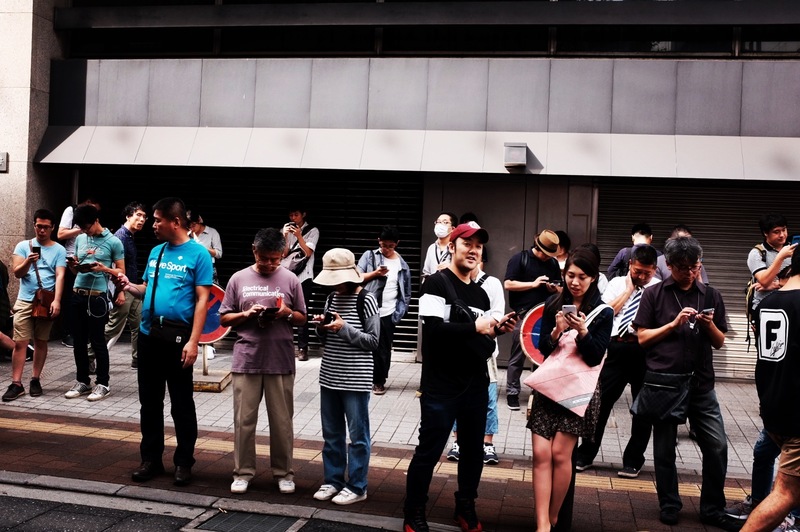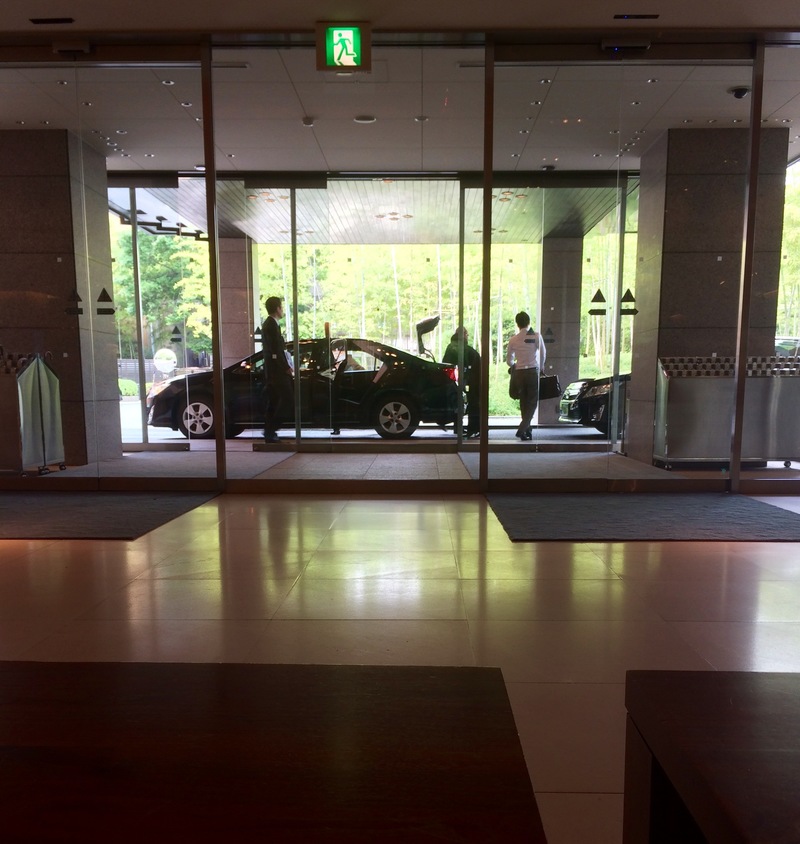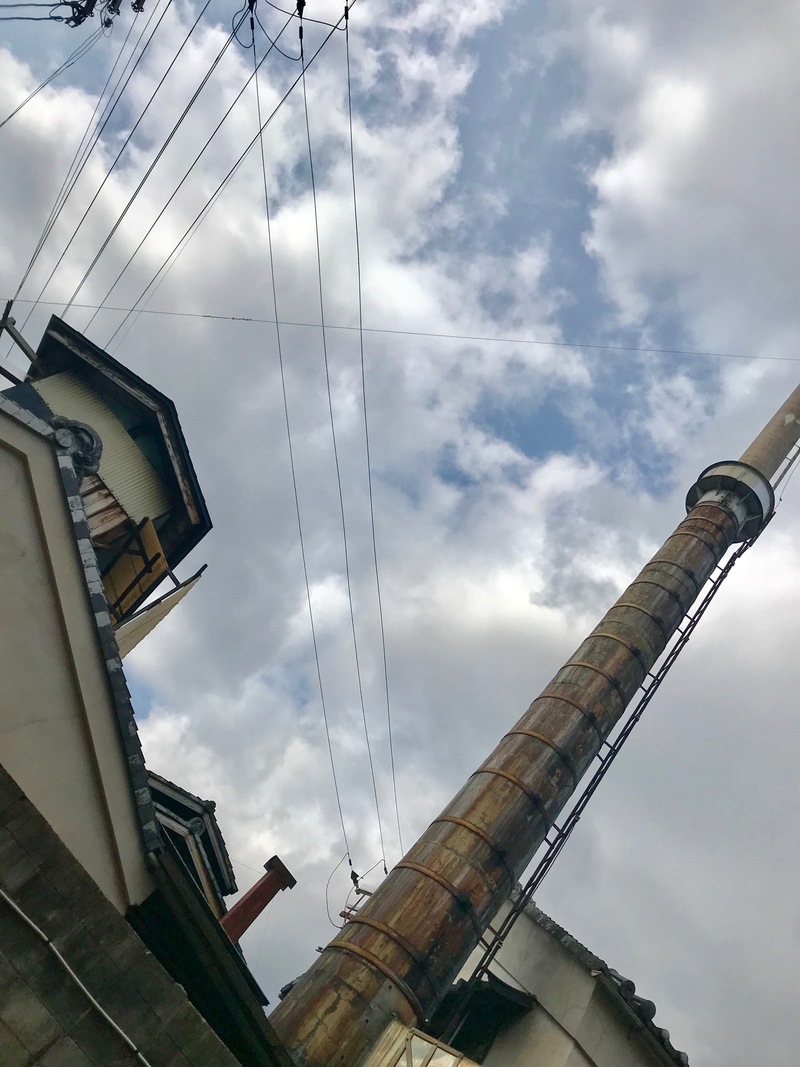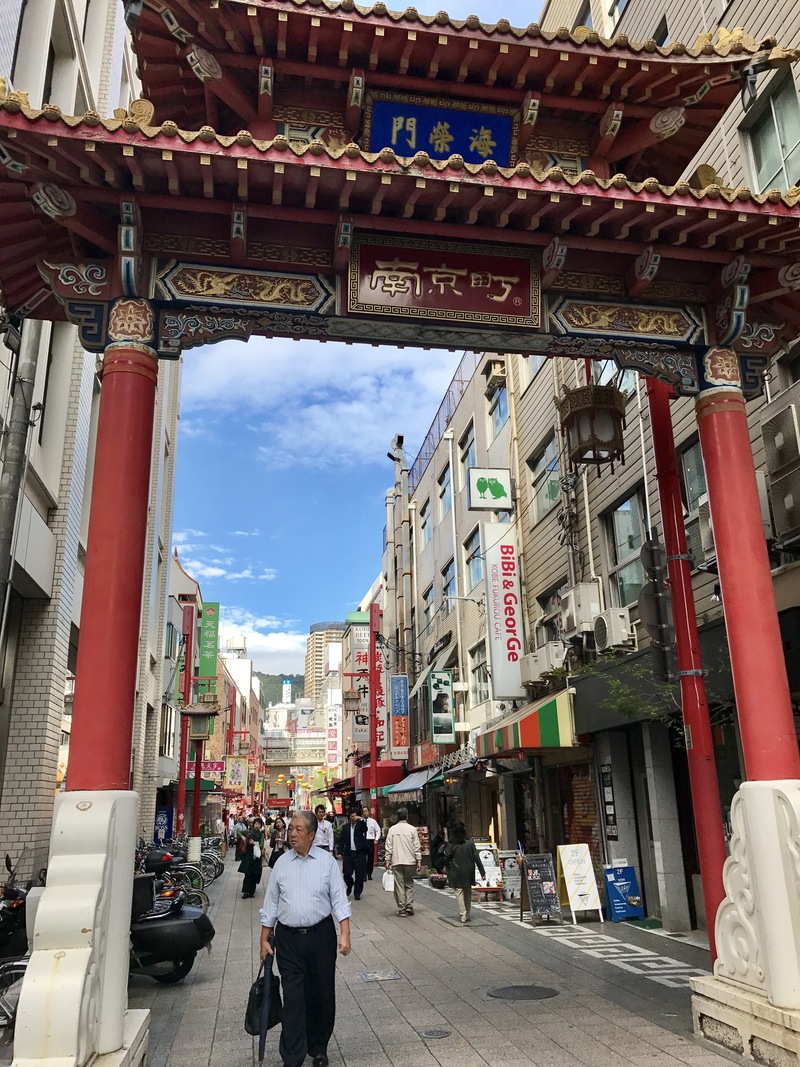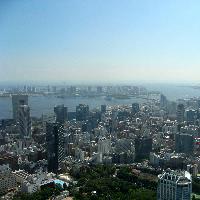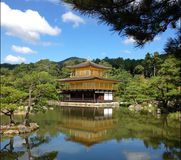Feeling, belonging and listening to sound:
Recordings by C. Stevens, text by C Stevens and R. Chenhall
Five star hotels are interesting places. For the elite 1% of the population, this kind of place may seem mundane, but for the rest of us, luxury hotels present us with a rarified encounter with sound, space and sociality. Because we don’t spend time in these kinds of hotels very often, one can often feel somewhat uncomfortable in these settings. On the other hand, we might also feel the need to act as if this setting is ‘normal’; one must ‘pass’ as a member of this social class in order to be accepted.
Carolyn spent several days staying at a very fine hotel in Kyoto in exchange for helping a friend and colleague with the organisation of a major conference. She was very grateful for the opportunity to stay at such a beautiful hotel, and very much enjoyed her stay there. But she also felt some degree of anxiety, especially upon first arrival. Would the staff be able to tell she was not a member of the ‘1%’? What if she revealed her status as an ‘outsider’ by asking a silly question? Would the staff and other guests then look down at her as someone who didn’t belong? She especially felt nervous when moving through the most public of these spaces – the hotel lobby.
Sound is heavily dependent on context, and the hotel lobby constitutes a very specific context. They are liminal spaces; a guest moves into them to be given access to their room, to wait for others, to check emails, or to leave the hotel. Guests are not fully themselves in these spaces, and there is often a silent reverence in this church-like space. One hears concerned parents instructing their children to be quiet, but quiet for whom, and to what purpose? While hotels are trying to transform lobby spaces into places where people can congregate in comfort (installing low couches, wifi hotspots, bars), they are still transitory, and what Marc Augé has described as non-places. Marc Augé writes about departure lounges and waiting rooms as spaces of ‘circulation, consumption and community’ that offer the transitory occupant the illusion of being part of something grander, more global, a glimpse of a utopian industrialised world. The hushed tones in a hotel lobby are thus performative; guests and staff are both actors and audience, observant of each other, co-creating what Zygmunt Bauman would call a liquid modern space, where relations are intimate but free, and bounded to the neoliberal reality of ‘user pays’ ideology.
Feeling like an imposter in this setting, her senses were heightened while moving through the lobby of the hotel. She decided to make several recordings in the lobby to try to capture this rarified atmosphere. The first recording she made was the file in front of the elevators; shortly thereafter I made the Hotel Lobby in Kyoto, Take 1 file. She remembers that when making the recordings, she worried that nothing would be recorded because the area seemed very quiet (and formal). Because of this concern, she made the second Hotel Lobby Take 2 recording closer to the reception desk to see if there were more audible sound. At all times, the lobby seemed very… quiet. Interestingly, upon playback all the recordings feature LOTS of sound: footsteps, the movement of room service carts from the elevators to the restaurant, and clear and muffled conversation. Perhaps her feelings of ‘imposter syndrome’ blocked out her consciousness of the sound that surrounded me? Back in Richard’s office, we could hear much more. Richard (who had not been on the site of the recordings) then searched the internet for comparative recordings of hotel lobbies around the world. Carolyn’s recordings of the Kyoto hotel were compared with SoundCloud and YouTube recordings of hotel lobbies in Osaka, China, Austria, Thailand, Germany, Spain....the list went on and on. Hotel lobbies all sounded the same!
The uniformity of these sounds reminded us of the 2003 film Lost in Translation, which is set partly in a luxury hotel in Tokyo. The hotel represents a liminal space where foreigners look out on the ‘real’ Japan at a distance from their hotel windows. The hotel prides itself as a place that can meet their ‘foreign’ needs: familiar language, food, drink and customs. These high class hotels are transient because while they are ‘home’ for a day or a week, yet they are not ‘homely’. The hotel lobby is the most transient of these spaces, as it serves mainly to funnel guests in and out of the hotel. There is a contrast between the uniformity of these traditional hotels, with the accompanying formality of public space, and the increasingly popular ‘Air BnB’ style of more informal, ‘authentic’ and individualised accommodation that some of the younger conference delegates were using. This traditional hotel lobby is still sonically uniform, however, conforming to the social values and aesthetics of liquidly modern non-places.
